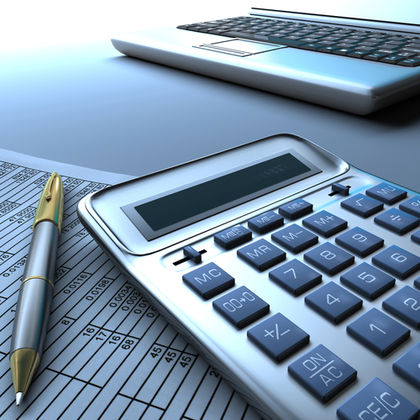DOUBLE TAXATION

Double taxation is a situation that affects C corporations when business profits are taxed at both the corporate and personal levels. The corporation must pay income tax at the corporate rate before any profits can be paid to shareholders. Then any profits that are distributed to shareholders through dividends are subject to income tax again at the individual rate. In this way, the corporate profits are subject to income taxes twice. Double taxation does not affect S corporations, which are able to "pass through" earnings directly to shareholders without the intermediate step of paying dividends. In addition, many smaller corporations are able to avoid double taxation by distributing earnings to employee/shareholders as wages. Still, double taxation has long been subject to criticism from accountants, lawyers, and economists.
Critics of double taxation would prefer to integrate the corporate and personal tax systems, arguing that taxes should not affect business and investment decisions. They claim that double taxation places corporations at a disadvantage in comparison with unincorporated businesses, influences corporations to use debt financing rather than equity financing (because interest payments can be deducted and dividend payments cannot), and provides incentives for corporations to retain earnings rather than distributing them to shareholders. Furthermore, critics of the current corporate taxation system argue that integration would simplify the tax code significantly.
AVOIDING DOUBLE TAXATION
There are many ways for corporations to avoid double taxation. For many smaller corporations, all of the major shareholders are also employees of the firm. These corporations are able to avoid double taxation by distributing earnings to employees as wages and fringe benefits. Although the individual employees must pay taxes on their income, the corporation is able to deduct the wages and benefits paid to employees as a business expense, and thus is not required to pay corporate taxes on that amount. For many small businesses, distributions to employee/owners account for all of the corporation's income, and there is nothing left over that is subject to corporate taxes. In cases where income is left in the business, it is usually retained in order to finance future growth. Although this amount is subject to corporate taxes, these tax rates are usually lower than those paid by individuals.
Larger corporations—which are more likely to have shareholders who are not employed by the business and who thus cannot have corporate profits distributed to them in the form of salaries and fringe benefits—are often able to avoid double taxation as well. For example, a non-active shareholder may be called a "consultant," since payments to consultants are considered tax-deductible business expenses rather than dividends. Of course, the shareholder/consultant must pay taxes on his or her compensation. It is also possible to add shareholders to the payroll as members of the board of directors. Finally, tax-exempt investors such as pension funds and charities are often significant shareholders in large corporations. The tax-exempt status of these groups enables them to avoid paying taxes on corporate dividends received.
FURTHER READING:
Broomhead, Nick D. "Avoiding Double Taxation: An Employment Tax Savings Opportunity." Tax Adviser. November 1998.
Dailey, Frederick W. Tax Savvy for Small Business. Berkeley, CA: Nolo Press, 1997.
Gelband, Joseph F. "Far from Letter Perfect." Barron's. January 6, 1997.
Thomas, Deborah W., and Keith F. Sellers. "Eliminate the Double Tax on Dividends." Journal of Accountancy. November 1994.
SEE ALSO: C Corporation
Comment about this article, ask questions, or add new information about this topic: